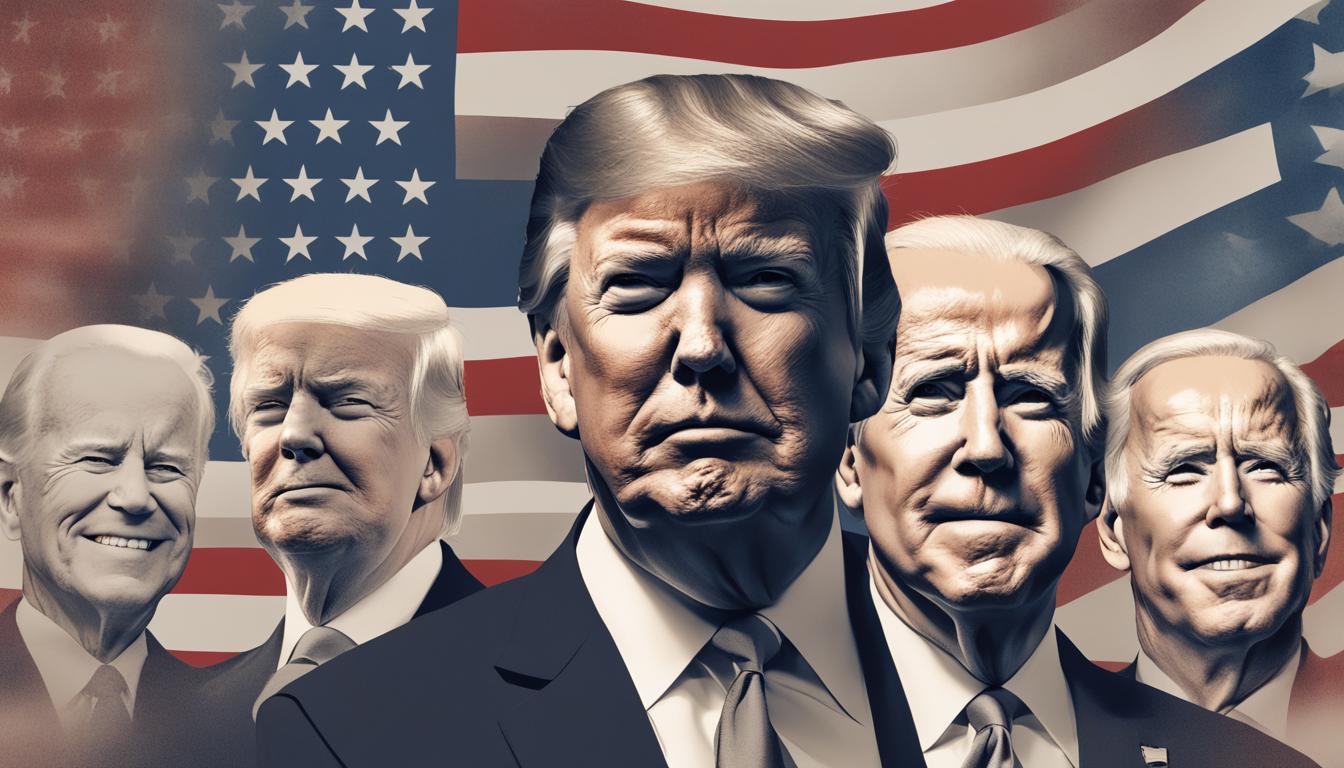A recent poll reveals that a significant portion of U.S. voters hold unfavorable views of both major party candidates for the 2024 presidential election, indicating a challenging landscape for voter mobilization and candidate appeal.
A recent Monmouth University poll highlights a notable sentiment among U.S. voters as the 2024 presidential election approaches, revealing that one in six voters harbor unfavorable views of both former President Donald Trump and current President Joe Biden. This group of voters, termed “double haters,” are dissatisfied with both candidates leading their respective party’s ticket. The survey, which involved 746 registered voters, indicates a lack of enthusiasm overall, with 60% expressing disinterest in the election given the current candidates.
The poll suggests that Biden holds a slight edge over Trump among these “double haters,” although a significant 55% remain undecided, indicating they are unlikely to support either candidate. Independent candidate Robert F Kennedy also fails to garner substantial support from this group, with only 24% viewing him favorably.
This disenchanted sentiment is echoed in concerns about the mental faculties of both leading candidates, with a majority of Americans expressing doubts. Trump, however, is currently leading Biden in a separate CNN survey.
In another dimension of the electoral landscape, Latino voters are emerging as a potent electoral force, particularly in swing states such as Wisconsin. According to veteran Republican strategist Mike Madrid, the Latino vote has surpassed the African American vote in Wisconsin, a state known for its razor-thin election margins. The last election saw 187,000 eligible Latino voters abstain from voting, a number significant enough to potentially sway future electoral outcomes.
Latino voters show varied political inclinations, with some disillusioned by the Democratic stance on immigration and others swayed by Republican promises of job creation and safety. Both the Democratic and Republican parties are actively seeking to mobilize this diverse bloc as the 2024 election looms, recognizing the decisive role Latino voters could play in swing states.
Both of these findings underscore the shifting dynamics and challenges of voter mobilization and candidate appeal in the U.S. as the presidential election nears.













